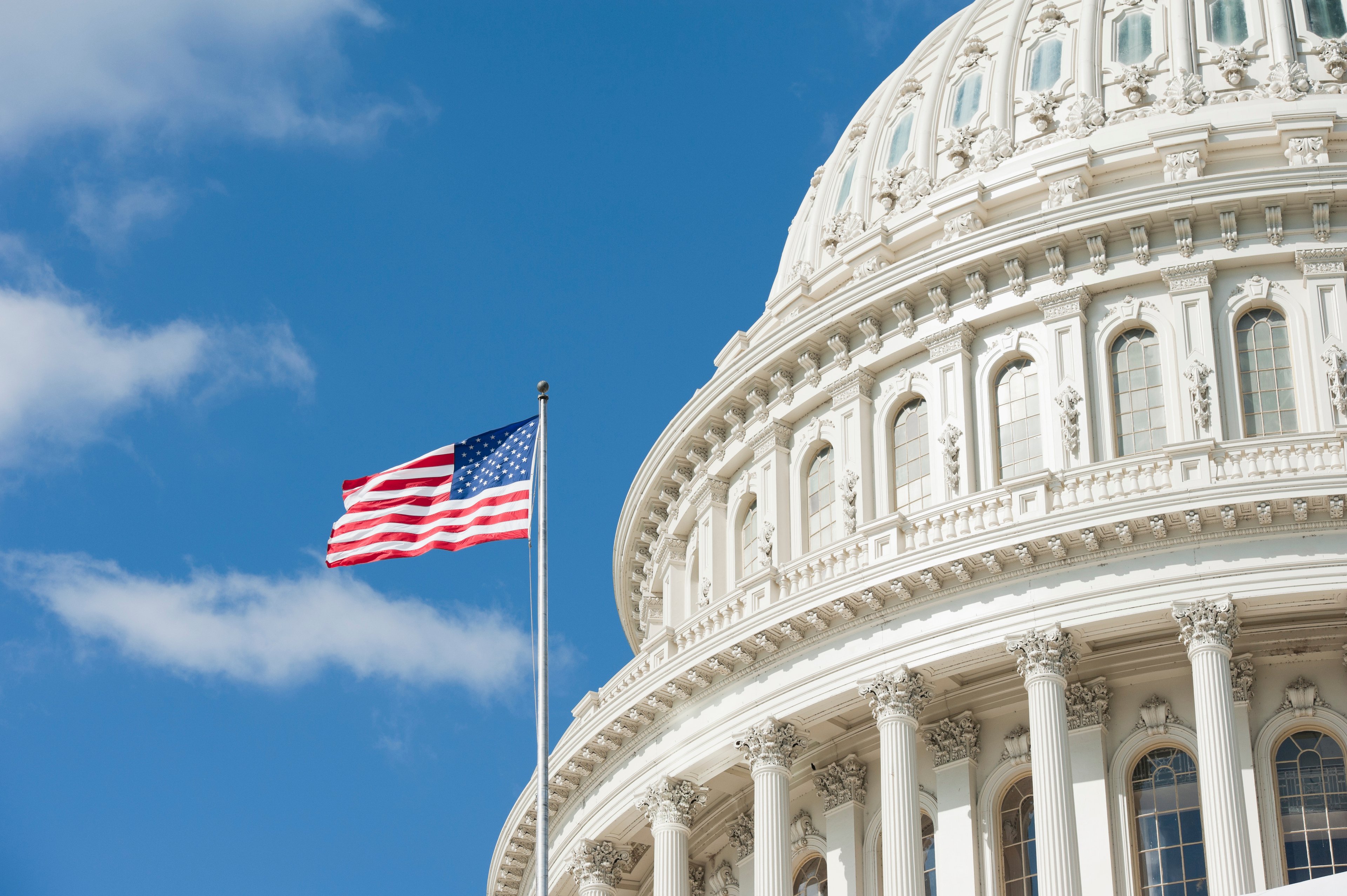The best thing you can do for your retirement savings is to start saving and investing early, and to take advantage of retirement accounts like a 401(k).
In most cases, the more you put away for retirement, the better. But does that mean the priority should be maxing out your 401(k)? In my opinion, the answer is no, and doing so is overrated.
A 401(k) is the most popular type of retirement account, but it's not the only option available. Others, like individual retirement accounts (IRAs), are worth considering and contributing to before you focus on maxing out a 401(k).

Image source: Getty Images.
Your 401(k) may limit your investment options
When it comes to investing, different folks have different goals, timelines, and risk tolerances, so investments that suit someone else may not be the best fit for you. That could be a slight problem in a 401(k), because your plan administrator provides you with a limited set of investment options to pick from.
If all you want is broad market exposure (think S&P 500 fund), this may not be an issue. However, if you prefer more control over your investments, then a 401(k) can be limiting.
Say you're interested in a growing industry like cloud computing, and want to add a cloud-focused exchange-traded fund (ETF) to your portfolio. In a 401(k), there's a good chance you wouldn't be able to. Or, say you're a strong believer in the semiconductor industry and want to invest in Taiwan Semiconductor Manufacturing Company. Unless you're an employee, the chances of this happening in a 401(k) are slim.
An IRA, whether Roth or traditional, allows you to invest in almost any stock or ETF you choose, ensuring that your choices align with your investment style and goals. This is a major reason they're worth taking advantage of before maxing out your 401(k).
A 401(k) isn't very forgiving of early withdrawals
A 401(k) is called a "retirement" account for a reason: The money in there is meant to stay there until you retire. However, sometimes life happens, and you might need to access your retirement funds.
In most cases, making an early withdrawal from your 401(k) will result in a 10% penalty, plus taxes owed on the withdrawn amount; depending on how much you withdraw, this could easily cost you thousands of dollars. A traditional IRA has a similar penalty structure. However, with a Roth IRA, you can withdraw the original amounts you contributed anytime you want.
Along with early withdrawals due to hardship, IRAs allow early withdrawals for certain life events; these include purchasing your first home, paying health insurance premiums while unemployed, and paying qualified higher education expenses (such as tuition, fees, or books). A 401(k) doesn't allow you to do any of those.
Consider this approach to retirement savings
The maximum contribution to a 401(k) in 2025 is $23,500. If you're 50 or older, you can add a $7,500 catch-up contribution ($31,000 total); beginning this year, people aged 60 to 63 can add an additional $3,750 catch-up contribution ($34,750 total).
Those limits are high enough that maxing out a 401(k) isn't reasonable for most Americans. If you can, perfect -- by all means, go for it. However, if you can't, it's worth considering the strategy below:
- Contribute the highest amount that your employer will match. Contributing anything less is leaving "free" money on the table.
- Focus on maxing out an IRA, which has much lower contribution limits ($7,000 per year; $8,000 if 50 or older).
- Once your IRA is maxed out, consider increasing your 401(k) contributions to what makes sense for your personal situation.
It's not a foolproof strategy, but it does let you take advantage of a 401(k) plan's hands-off approach, tax benefits, and employer match (in most cases). At the same time, you can also benefit from an IRA's flexibility and greater breadth of options.






